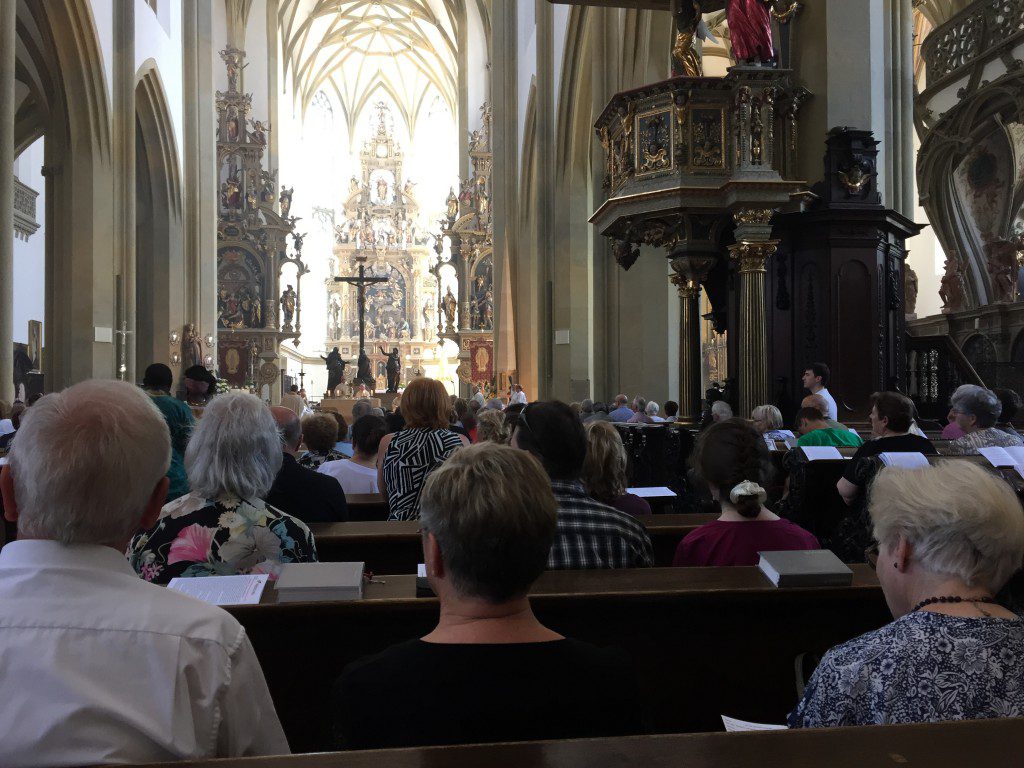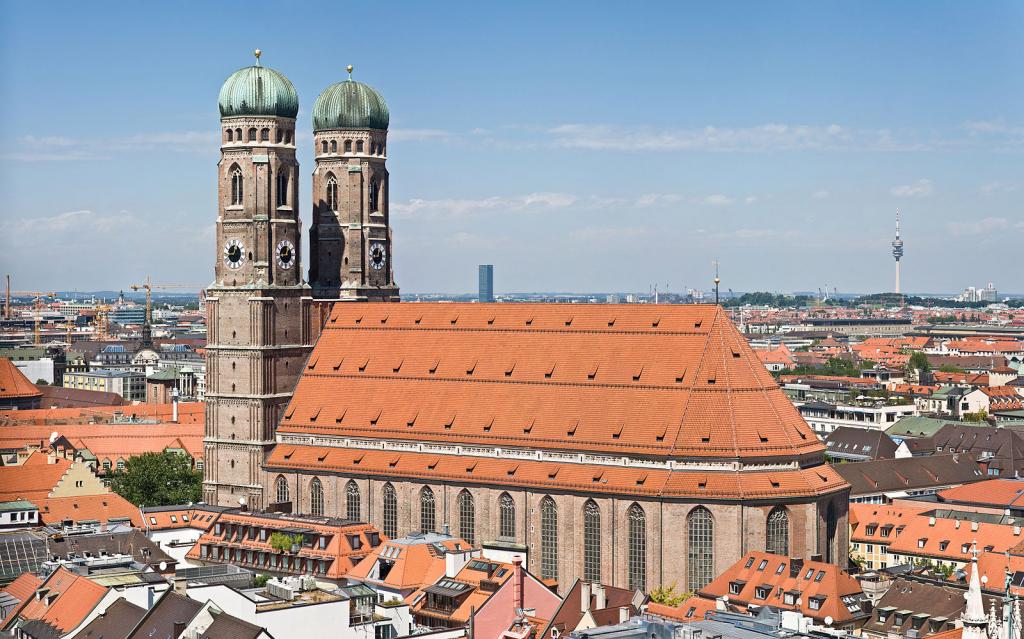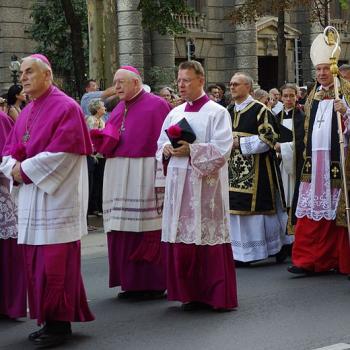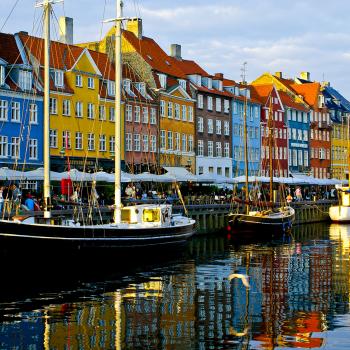
The latest stats are in — that is, those for the church withdrawals in Germany in 2015. This was reported at the Catholic News Agency yesterday, as linked to by Deacon Greg Kandra. This was also reported in the Muenchner Merkur that I read on the plane this morning (Lufthansa has free newspapers and, to be honest, I chose the Merkur over the Suendeutsche Zeitung because it’s easier to read).
Here’s the context:
in Germany, one registers as a given religion not simply by going to the church of your choice, but by telling the government, so that they can tax you, and forward the taxes onto the relevant church. If you decide that you don’t believe in that religion any longer, or, at any rate, don’t wish to continue paying taxes, you formally withdraw, and hold on to a little more of your money. In that sense, Germany has more concrete numbers on religious affiliation than does the U.S., where it’s more a matter of what the latest Pew survey has to say.
I’d written about this before, back in the context of the Synod on the Family, in which Cardinal Reinhard Marx of Munich (and head of the bishops’ conference of Germany) was proposing allowing divorced/remarrieds and other now-ineligibles to start receiving communion, and prohibiting non-church-tax-payers from receiving the sacraments, as his twin methods of combatting the problem of people leaving the church (and ceasing to pay church tax).
Now the stats for 2015 are out, and the departures are somewhat reduced from 2014 — but, then again, 2014 was a record-high year. In areas like Munich which are seeing population growth not just from Arab migrants but from Catholic countries, the decrease has been somewhat mitigated by new Catholic residents from Croatia, Poland, Italy and Hungary. And among Archdiocese of Munich Catholics (this is a large diocese and includes a lot of rural Bavaria), only 10% attend church on a typical Sunday (the number is given precisely so this appears to be a count rather than a poll response) — and, in my experience, the average age of those in attendance is roughly the same as the average age of your typical Senior Center in the U.S.
So what does Marx have to say?
First, he points to the fact that the percentage of Christians in Germany is still (however slightly) above the 50% mark (56%, in fact) as proof that “The statistics show that the Church in Germany continues to be a strong force, whose message is heard and accepted.” That’s the Catholic News Agency translation; the actual German is “die Kirche in Deutschland nach wie vor eine starke Kraft ist,” which suggests to me a lack of recognition and acknowledgement that however strong a force it may be, the church’s influence among the German people is tremendously diminished.
And second, here’s his solution: “We need a ‘sophisticated pastoral practice’ that does justice to the diverse lifeworlds of people and convincingly passes on the hope of the Faith” — that’s the CNA quote; the German article says: “Eine anspruchsvolle Pastoral, die den unterschiedlichen Lebenswelten der Menschen gerecht werde und die Hoffnung des Glaubens überzeugend weitergebe.” So what the heck does it mean to “do justice to the diverse lifeworlds of people”? One would like to believe that this refers to reaching out to young urban hipsters, such as in the stayandpray.de outreach for which I saw flyers, to immigrants as in the Ulrichswoche service in the image, and especially to families (who are right now generally unwelcome at Sunday mass), rather than merely the faithful elderly. The reality? Based on what I’ve seen, one suspects he refers again simply to his plan to open communion to all (so long as they pay church tax).
Image: St. Ulrich und Afra, Gottesdienst der Nationen, July 10, own photograph.













